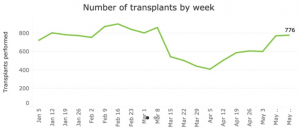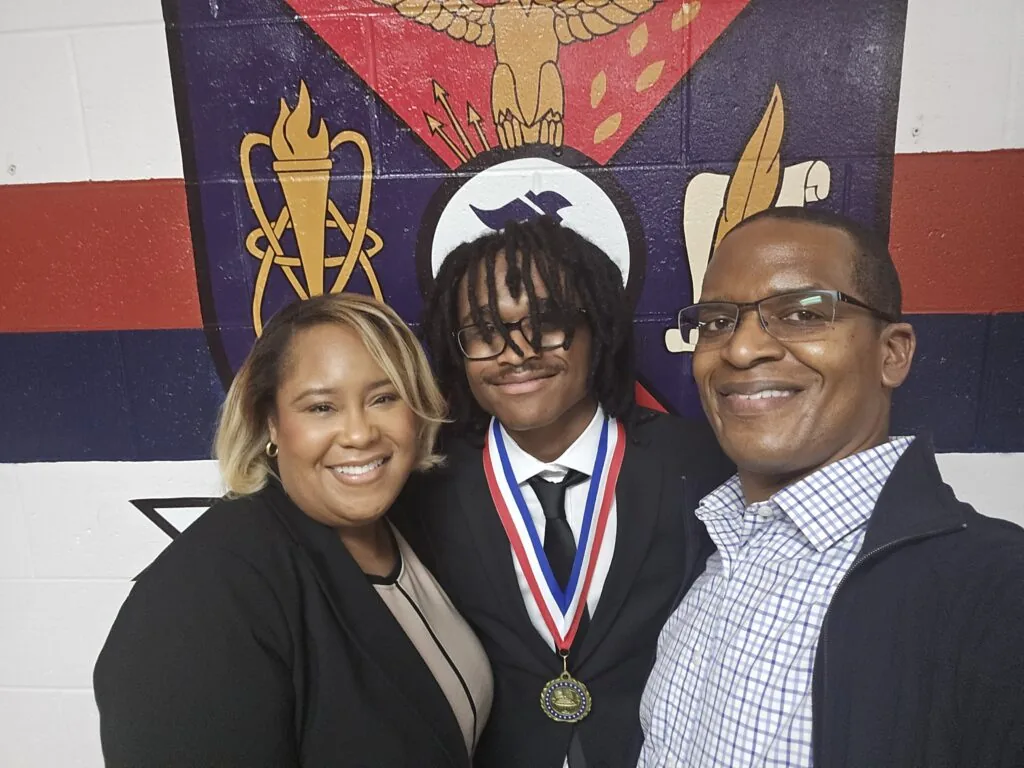Organ transplants are beginning to return to pre-COVID-19 levels across the country and a recent breakthrough in Chicago may provide even more hope for the thousands of patients on the national organ waiting list – as well as patients diagnosed with the virus.
Surgeons in Chicago performed a double-lung transplant on a patient with COVID-19; it’s believed to be the first of its kind in the U.S. since the pandemic began.
The recipient, a woman in her 20s, had been hospitalized for two months prior to the procedure. She would not have survived the virus without it, according to officials at Northwestern Medicine in Chicago, where the transplant was performed.
Ankit Bharat, chief of thoracic surgery and surgical director of Northwestern’s lung transplant program, said transplants may become more frequent for severe cases, according to a story in The Washington Post.
“I certainly expect some of these patients will have such severe lung injury that they will not be able to carry on without transplant,” Bharat said in the story. “This could serve as a lifesaving intervention.”
Organ Procurement Organizations across the country were encouraged by the news.
“Congratulations to Dr. Bharat and the recipient on the successful transplant. This historic first was made possible by organ procurement organizations (OPOs) efforts to make donation and transplantation happen even during the COVID-19 pandemic,” said Steve Miller, CEO of the Association of Organ Procurement Organizations (AOPO). “We’re proud to have played a role in this life saving event.”
Organ transplants never fully ceased during the initial wave of the coronavirus pandemic, but many hospitals and transplant centers postponed all but the most critical cases in order to protect patients and their communities. Most hospitals are now scheduling the procedures, with additional safety precautions in place. All potential donors are now tested for coronavirus, as they are for other infectious diseases, to ensure the utmost safety for the patient and the best chance for a successful transplant. Surgeons outline the potential risks and benefits with their patients and the ultimate decision rests with them.
“We are still learning about this strain of the coronavirus, but this is a big step forward,” said Bruce Nicely, chief clinical officer at Gift of Life Michigan. “It can offer a measure of hope to the thousands of patients awaiting a life-saving organ, and to patients who develop the most severe form of this virus.”








